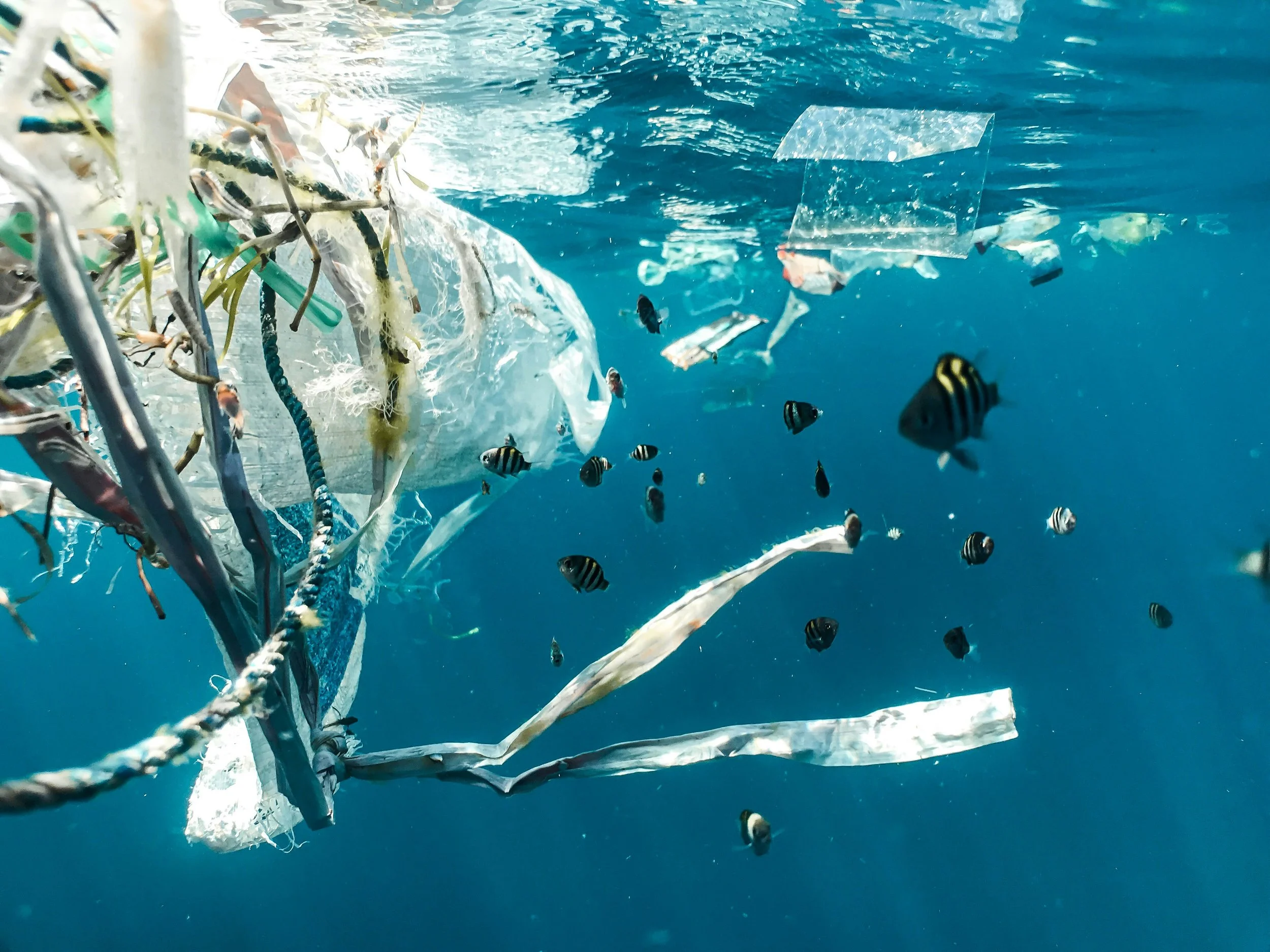World Ocean Day: A Future Worth Fighting For to Protect Our Blue Planet
Naja Betolt Jensen, Unsplash.
Every year on June 8th, the world comes together to celebrate World Ocean Day - a moment to honour, appreciate, and reflect on the vast blue expanses that cover over 70% of our planet. Oceans are not only breathtakingly beautiful; they are essential to life itself. They regulate the climate, generate over half of the world's oxygen, and provide a vital source of food and income for billions. Yet despite their immense importance, our oceans are under siege. Human activity has left an unmistakable scar on the seas. From plastic pollution and overfishing to oil spills and climate change, the ocean is bearing the brunt of our unsustainable lifestyles. This World Ocean Day, it is time to allow children to face the reality of the damage we have caused and commit to protecting the ocean before it is too late.
Plastic Pollution: A Sea of Rubbish
Teaching children the terrifying scale of the polluted oceans is important to build knowledge and instil the desire to act. Perhaps the most visible form of ocean degradation is plastic pollution. Every year, more than 8 million tons of plastic end up in the ocean. From single-use bottles to discarded fishing nets, these plastics entangle marine animals, clog their digestive systems, and infiltrate the food chain as microplastics.The problem then goes deeper than litter as plastic does not biodegrade; it breaks down into microscopic particles that can persist in the marine environment for hundreds of years. Studies have found microplastics in fish, sea salt, and even the human bloodstream, proving that what we throw into the ocean ultimately comes back to us.
As the next generation facing the damage of our oceans, children can take meaningful action against pollution in ways that are empowering, educational, and age appropriate. Here are some effective ways they can get involved:
1. Reduce Plastic Use at Home and School
- Use reusable water bottles, lunch containers, and shopping bags.
- Avoid single-use plastics like straws, utensils, and snack wrappers.
- Encourage schools to minimise plastic use in cafeterias and events.
2. Participate in Clean-ups
- Join or organise local clean-ups, even in neighbourhoods or parks, litter can travel to the ocean through drains and rivers.
- Keep a ‘litter journal’ to track what types of waste are found most often.
3. Raise Awareness
- Create posters, videos, or social media content about ocean pollution.
- Perform plays or presentations at school to share what has been learned.
- Write letters to local businesses or leaders encouraging action against plastic waste
4. Start or Join Eco Clubs
- Begin a school club focused on environmental issues.
- Plan projects like plastic-free challenges, recycling campaigns, or awareness weeks.
5. Support Sustainable Brands and Choices
- Encourage families to support companies with ocean-friendly packaging.
- Choose eco-friendly toys and school supplies.
What Next?
Despite the grim picture on the outset, there is hope. Movements for marine protection are gaining momentum around the globe. Marine Protected Areas (MPAs) now cover roughly 8% of the world’s oceans, and international agreements are starting to take shape to protect biodiversity on the high seas.
World Ocean Day is more than a date on the calendar, it is a reminder to both adults and children of our responsibility to safeguard the living blue heart of our planet as advocacy, education, and community engagement are powerful tools in shifting the tide. The ocean’s future, our future, and our children’s futures depend on it.
